Image: The U.S. strictly bans "birth tourism," shattering the "American Dream" for Chinese pregnant women. (Illustration. AI-generated)
[People News] On April 25, 2025, the U.S. Embassy in China issued a major statement on its official X account, explicitly declaring it will reject all tourist visa applications aimed at "birth tourism"—traveling to the U.S. to give birth—and will revoke visas or deny entry to applicants who have previously participated in such activities. The statement noted that some foreign parents apply for U.S. tourist visas primarily to have their children born on American soil to gain citizenship, a practice deemed "unacceptable," which could ultimately burden American taxpayers with medical costs. This policy targets not only future applicants but also imposes visa sanctions on families previously involved in "birth tourism." It is seen as part of the Trump administration’s efforts to toughen immigration policy, particularly concerning the controversial issue of birthright citizenship.
The Purpose Behind the U.S. Policy
The U.S. Embassy's statement primarily aims to curb "birth tourism," protect the integrity of the U.S. immigration system and taxpayers' interests, and address longstanding domestic debates over birthright citizenship.
Specifically, the goals include:
Protecting Taxpayers' Interests: The statement emphasised that many foreign parents who give birth in the U.S. fail to pay the full medical costs, leaving American taxpayers to shoulder heavy expenses. For example, some hospitals in Los Angeles reported that Chinese mothers’ medical bills were sometimes covered by public healthcare assistance. The U.S. government considers this an abuse of medical resources that harms taxpayers.
Closing Immigration System Loopholes: According to the 14th Amendment of the U.S. Constitution, "all persons born or naturalised in the United States" automatically acquire citizenship. "Birth tourism" exploits this constitutional provision, allowing newborns to obtain U.S. citizenship and later providing parents a route to immigration through family sponsorship (once the child turns 21). The Trump administration believes this circumvents proper immigration procedures and undermines fairness.
Political and Populist Considerations: Trump has long criticised birthright citizenship, arguing it attracts illegal immigration and "birth tourism," increasing the social burden. This policy caters to anti-immigration sentiment within the U.S., particularly among Republican supporters, reinforcing Trump's "America First" image. The timing of the statement, during escalating tariff wars and rising U.S.-China tensions, also signals diplomatic pressure, especially targeting the surge in Chinese "birth tourism."
History and Current Situation of Birth Tourism
"Birth tourism" began in Taiwan and Hong Kong in the latter half of the 20th century and exploded among mainland Chinese after the early 2000s due to economic growth and visa policy relaxations. From the 1980s to 2016, China's one-child policy led many families to travel abroad to avoid steep second-child fines, as the cost of giving birth in the U.S. was often far lower than China’s "social maintenance fees" (tens of thousands of RMB). Additionally, many parents believed the U.S. offered better education and living conditions, hoping to secure the "American Dream" for their children.
Currently, "birth tourism" has evolved into a mature industry, centred around Los Angeles, California, with pregnant women clustering in cities like Irvine, Rowland Heights, and Diamond Bar—earning nicknames like "a mini Irvine" and "half a city of pregnant women." By 2024, Los Angeles will host over 200 maternity centres offering all-inclusive services such as visa assistance, medical arrangements, and document processing, costing between 200,000 and 500,000 RMB. The clients are predominantly middle-class families applying for B1/B2 tourist visas through the "honest visa" method, truthfully stating their purpose as giving birth. Since 2015, this method has become mainstream. In 2024, around 20,000 Chinese women travelled to the U.S. to give birth, accounting for more than 50% of global "birth tourism" cases.
The Formation of a Related Industry
"Birth tourism" has spawned a massive industry chain, covering agencies, maternity centres, healthcare services, and documentation assistance. Agencies (like Mei Fu Jia Er) offer visa coaching, customs guidance, and housing arrangements, costing about 100,000 to 200,000 RMB. Maternity centres in Chinese communities in Los Angeles provide services such as nutritious meals, airport pickups, and paperwork assistance, attracting wealthy families. Hospitals offer discounted delivery packages for Chinese mothers (about $2,000–$4,000 USD), significantly lower than the $20,000–$30,000 USD for local residents, as these mothers often pay cash. Document agents assist in obtaining birth certificates, U.S. passports, and Chinese travel documents, charging around 10,000 RMB. In 2024, this entire industry chain generated roughly $5 billion USD in revenue, becoming a major pillar of the Chinese community's economy in Los Angeles.
Impact on Chinese Nationals
The U.S. crackdown on "birth tourism" has profound effects on Chinese citizens:
Economic and Immigration Pathways Blocked: The new policy shuts off the route for middle-class families to secure U.S. citizenship for their children through "birth tourism," and eliminates future opportunities for family-based immigration when the child turns 21. Families who have already given birth in the U.S. face risks of visa revocation or entry denial, impacting their children's future prospects in America. Many maternity centres and agencies may go bankrupt due to a sharp decline in clients, and Chinese families' investments of hundreds of thousands of RMB may be lost.
Psychological and Social Impact: "Birth tourism" was seen as an investment in the "American Dream" for middle-class Chinese families. Tightening policies have shattered these dreams, leading to growing dissatisfaction with China's domestic economic and educational environment under the CCP's rule. Meanwhile, mainland internet users’ criticism of "birth tourism" families (e.g., "abandoning the country for profit") could deepen social divisions.
Cross-Strait Relations Impact: The policy tightening coincides with a 145% tariff war and escalating U.S.-China tensions.
The CCP may interpret this as U.S. pressure tactics, further inflaming nationalist sentiments. However, China's worsening economic crisis (90 trillion RMB in local debt, 18% unemployment) has already heightened public dissatisfaction with the regime, and the collapse of the "birth tourism" trend may further redirect discontent internally.
The Controversy Over Birthright Citizenship and Trump’s Motivation
Birthright citizenship originates from the 14th Amendment of the U.S. Constitution, intended to secure citizenship rights for freed slaves after the Civil War. However, in recent years, it has become the legal basis for "birth tourism," sparking controversy. Opponents argue that the policy attracts illegal immigration and "birth tourism," increasing the social burden—around 50,000 foreign women gave birth in the U.S. in 2024, accounting for about 1.5% of all newborns.
Supporters, on the other hand, believe that birthright citizenship is a core American value, and abolishing it would violate the spirit of the Constitution.
Trump’s motivations for seeking to alter birthright citizenship include:
Core of Anti-Immigration Policy: Trump views birthright citizenship as a "magnet for immigration," enticing foreigners to exploit welfare benefits and adding to taxpayers' burdens. He previously proposed restricting citizenship for children of non-citizens via executive order, though it failed due to legal obstacles—yet the new policy reflects his continued determination.
Appealing to Voter Demands: Republican voters oppose "birth tourism," viewing it as undermining immigration fairness.
Trump leverages this sentiment to consolidate his support base.
Context of U.S.-China Rivalry: The new policy specifically targets Chinese pregnant women (who constitute 50% of "birth tourism" cases), coinciding with the tariff war, aiming to pressure the Chinese Communist Party (CCP) and respond to domestic concerns over Chinese immigration.
The U.S. policy banning "birth tourism" aims to protect taxpayers' interests and preserve the fairness of the immigration system, while also addressing the controversy surrounding birthright citizenship. Trump uses this policy shift to reinforce his anti-immigration stance and exert pressure on the CCP. However, the policy has profound economic and psychological impacts on China's middle class, cutting off a shortcut to the "American Dream" and highlighting the economic and educational hardships under CCP rule. The collapse of the birth tourism industry mirrors the CCP's incompetent governance; its attempt to mask internal crises with nationalism is ultimately futile. The CCP regime, like scorched earth consumed by flames, is hearing its death knell as economic collapse and public outrage surge—its demise is inevitable.
(First published by People News)


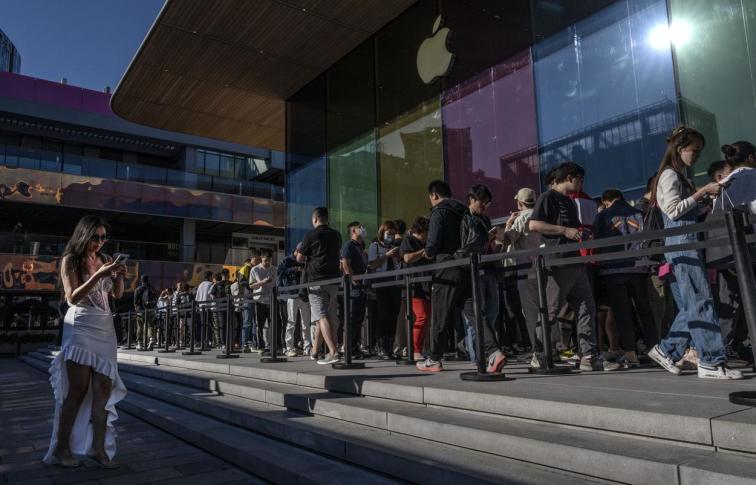
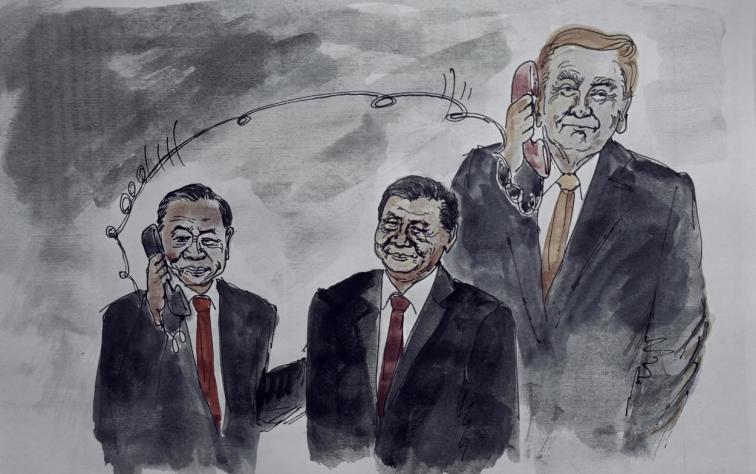
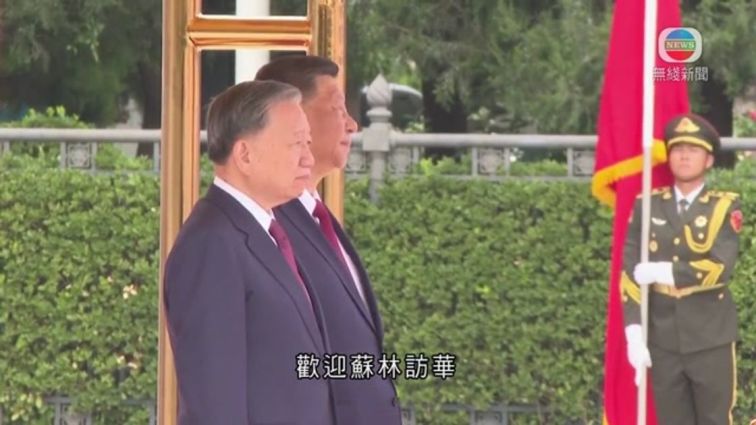


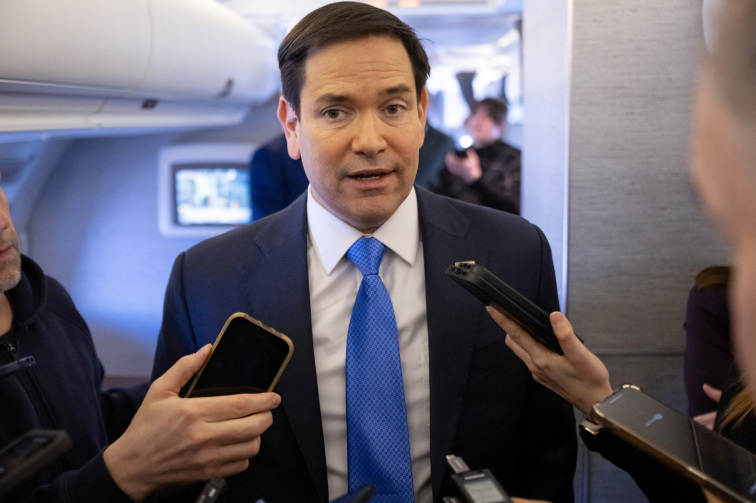
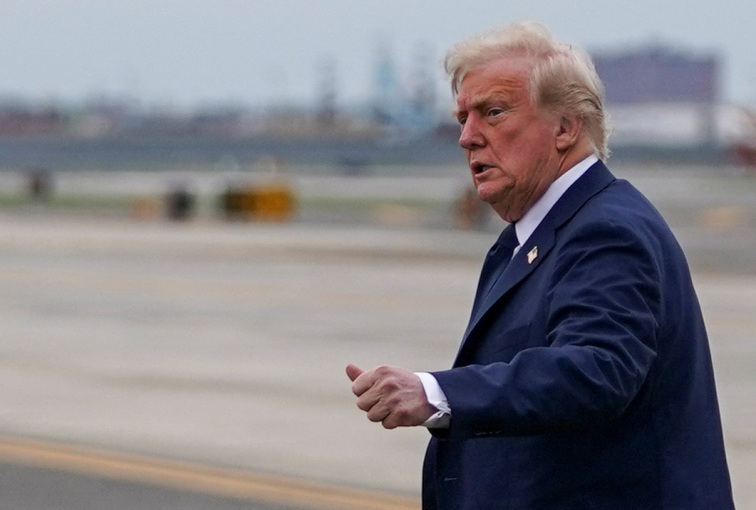
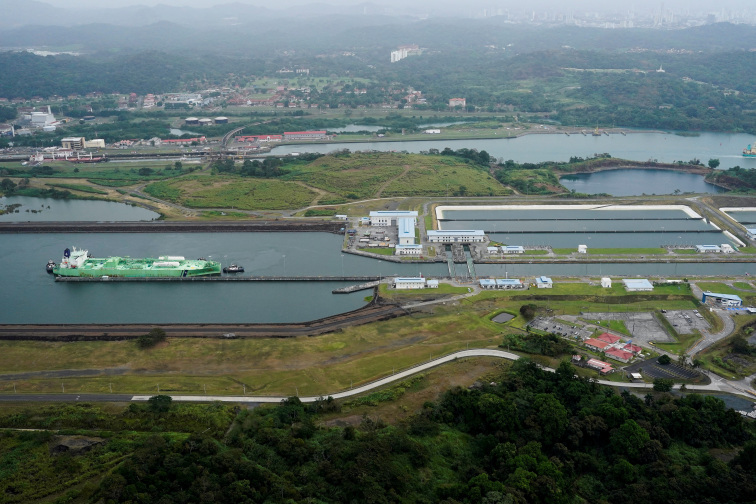

News magazine bootstrap themes!
I like this themes, fast loading and look profesional
Thank you Carlos!
You're welcome!
Please support me with give positive rating!
Yes Sure!